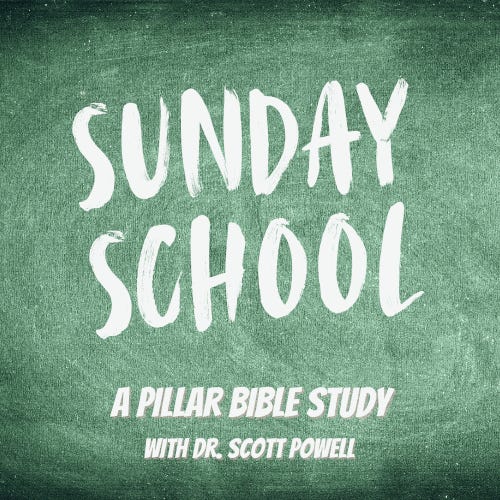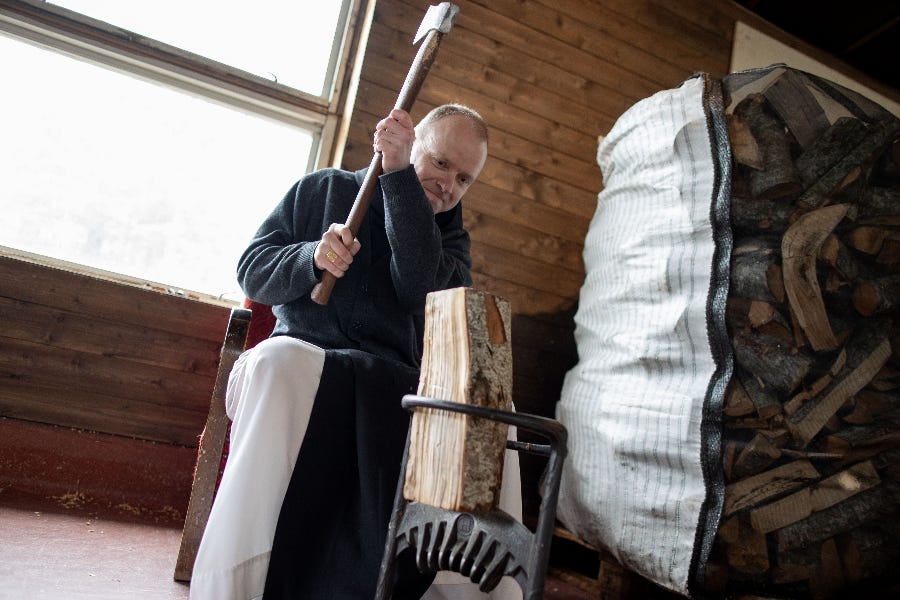After a USCCB meeting last week that featured several closed-door meetings of bishops, bishops have said a decision to hold more of their meetings in private allowed for an atmosphere of enhanced fraternity and prayer as they discussed controversial issues.
But while some bishops have heralded their recent time together as a “synodal” experience, what they do next could affect how American Catholics understand the notion of “synodality,” and its meaning in the life of the Church.
At the Baltimore meeting last week, the apostolic nuncio, Archbishop Christophe Pierre, reminded the bishops that for synodality to be authentic, it cannot be merely an internal, self-referential process.
“Synodality does not involve changing traditional truths of Christian doctrine,” said Pierre, citing Pope Francis. “Rather, it is concerned with how teaching can be lived and applied in the changing contexts of our times.” This, Pierre said, requires “concrete gestures.”
Having affirmed a teaching document on the Eucharist by nearly unanimous vote, the question now is: will the bishops’ text be accompanied by Pierre’s concrete gestures in their home dioceses. If not, it may raise doubts about the “authenticity” of their synodal experience.
Prior to the meeting in Baltimore last week, several American bishops were engaged in a very public, sometimes almost person, debate about reception of Communion, the notion of sin, and the status of pro-abortion Catholic politicians.
Despite what previously seemed to be intractable differences of opinion on the subject, last week they were able to rally behind “The Mystery of the Eucharist in the Life of the Church,” a teaching text which reiterated the Church’s positions on the non-reception, even denial, of Communion to those who manifestly persevere in a state a grave sin, pointing out that Catholics who receive Communion in such a state commit a “sacrilege”.
At the same time, the bishops steered clear of any overt mention of prominent Catholic politicians, like President Joe Biden or House Speaker Nancy Pelosi, who have made the expansion of abortion access and funding a key feature of their current terms of office.
While their past disagreements now at least appear to have been settled by the document itself, convincing Catholics that the final text actually represents the views of the whole conference may depend as much on how the document is promoted by individual bishops in their dioceses as it does on the text itself.
Some bishops have suggested that drafting a teaching text through a series of regional meetings and private executive sessions proved a fruitful synodal exercise. But, as the apostolic nuncio, Archbishop Christophe Pierre, reminded the bishops last week, synodality has to make it off the page and into practice for it to be authentic.
On the vexed topic of legal abortion and the Church’s opposition to it, Pierre told the conference that the Church must remain “unapologetically pro-life,” and he went on to refer to the conference’s attempts to wrestle with the implications of this on the Church’s teaching regarding the reception of Communion.
“There is the temptation to treat the Eucharist as something to be offered to the privileged few rather than to seek to walk with those whose theology or discipleship is falling short, assisting them to understand and appreciate the gift of the Eucharist and helping them to overcome their difficulties,” Pierre said.
It remains to be seen what “concrete gestures” will accompany the bishops’ recent synodal document on the Eucharist. Perhaps one example they might emulate is that taken by Archbishop Cordileone of San Francisco.
While the archbishop has been unflinching in his denunciation of abortion, and responded forthrightly to questions about the position of his most prominent local Catholic, Nancy Pelosi, on the subject, he has stopped short of publicly announcing that she would be barred from receiving Communion.
Instead, Cordileone has reiterated that he is pursuing private dialogue with a member of his flock, and urged a public campaign of prayer for her to change her mind on abortion.
Every bishop will have to make their own decisions about how to implement the conference’s document on the Eucharist, and attention will now turn to their preparations for a multi-year Eucharistic revival, which the USCCB document is meant to accompany.
As the bishops do so, many of their faithful will remember the public disputes of the last nine months and be looking to see if they resurface, or if the new-found consensus holds when dealing with publicly sensitive issues like abortion and Communion.
How coherent the bishops’ next steps appear to be will likely shape American Catholics’ understanding of the synodality their shepherds have just experienced: Will they find the “concrete gestures” called for by Pierre? If not, they might conclude that “synodality” means saying one thing on paper, and doing something else, or nothing at all, in practice.




